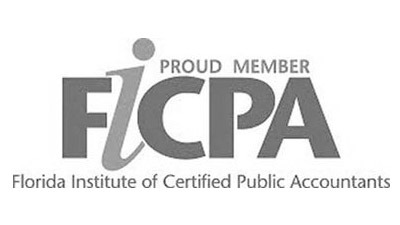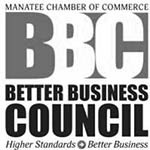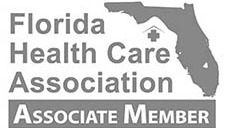Walters & Associates, CPAs
EBP Auditing HAS NEVER BEEN EASIER
Partner with Walters & Associates, CPAs for proactive and comprehensive Employee Benefit Plan Audit Services that simplify compliance, mitigate fiduciary risk and empower better plan decisions.
Type of Plans We Audit
401(k) plans
403(B) Plans
Pension plans
Profit-sharing plans
the employee benefit plan audit requirements & due dates
Generally, a plan must be audited when it has more than 100 participants with balances on the first day of the plan year. If the plan hasn’t been audited, then you use the 80-120 rule. Plans that have between 80 and 120 participants with balances on the first day of the plan year are permitted to file their Form 5500 in the same way they did the prior year. If you filed a 5500- SF (short form) in the prior year and your participants with balances count remains below 120, you can continue to file a short form without an audit. Once you reach above the 120 participants with balances on the first day of the plan year, the audit requirement is met.
The audit must be completed prior to the Form 5500 filing deadline as your audited financial statements are submitted with your Form 5500.
The Form 5500 filing deadline is the last day of the seventh month following your plan’s year-end, which is July 31st for calendar year plans. You may apply for an automatic extension by filing a Form 5558. The extension extends the due date 2 ½ months. For calendar year plans, the extension extends the due date to October 15th.
“We Believe In Being The Firm Coveted By Clients In the Markets We Serve And Employees Aspire to Work For”– Doug Walters
THEY CHOSE US FOR A REASON




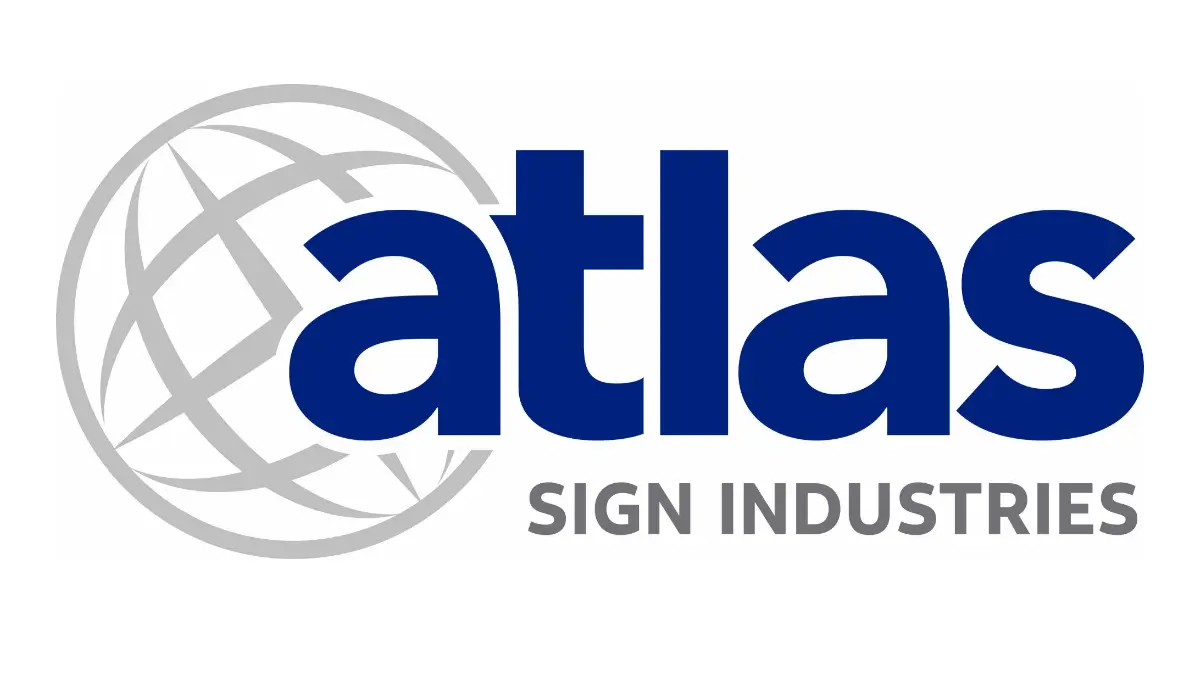


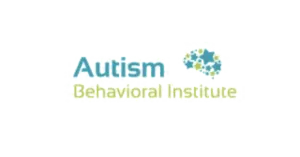


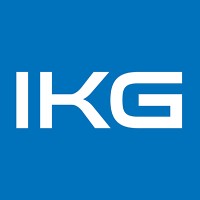

Why Walters & Associates, CPAs?

60+ Audit Annually
High satisfaction
30+ Years Experience
Why Walters & Associates, CPAs?
We offer a comprehensive approach to 401(k) audits to provide peace of mind and ensure compliance. Here’s what sets us apart:
Expertise – We have devoted professionals who specialize in employee benefit plan audits
Seamless – We will work directly with your plan’s service provider(s) so that you don’t have to be the middleman
Flat fees with no hidden costs
100% Remote – No hassle or office disruption, and we’re licensed in most states
Peace of Mind - you can rest assured that your plan audit is a quality audit
Get your free quote
or Call 941-756-0700
No Obligations
Free FIRST Consultation
No SURPRISES
FAQ
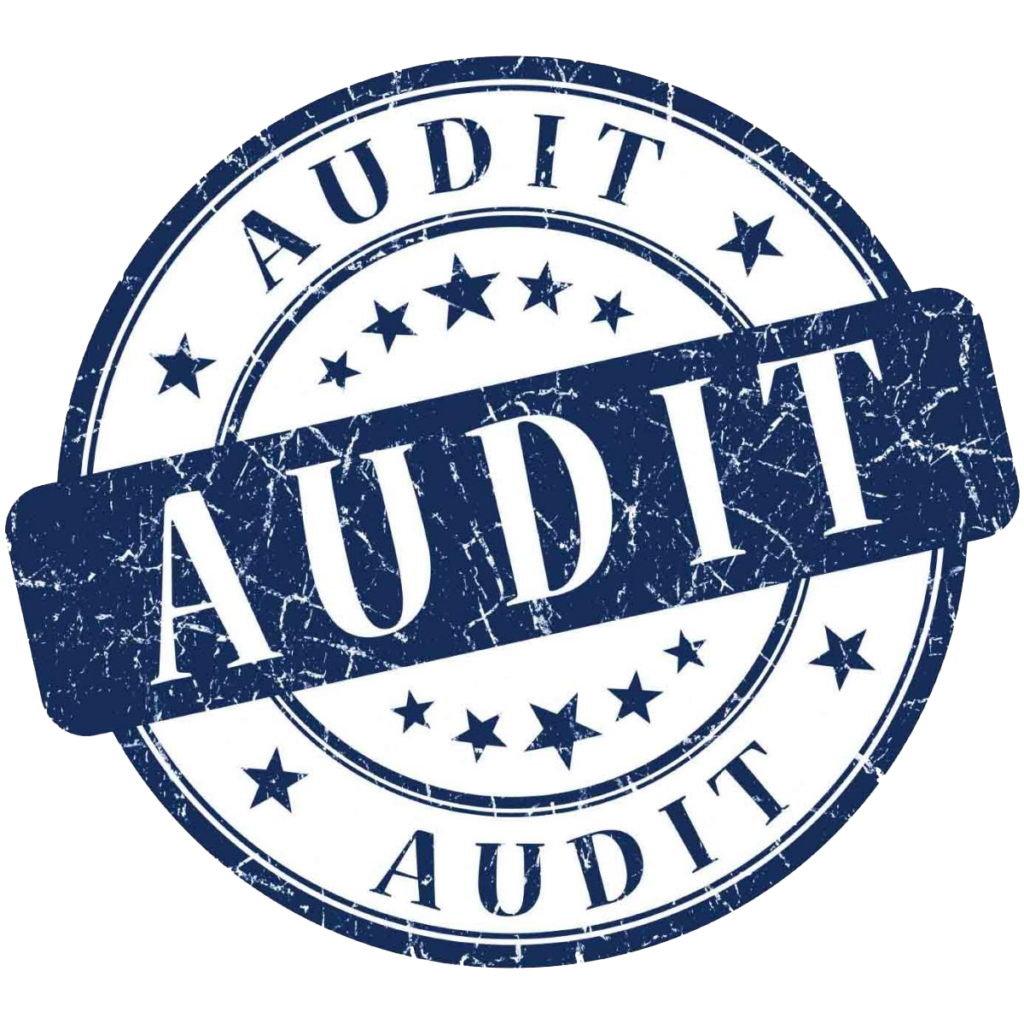
Your Title Goes Here
Your content goes here. Edit or remove this text inline or in the module Content settings. You can also style every aspect of this content in the module Design settings and even apply custom CSS to this text in the module Advanced settings.
What is the cost of an employee benefit plan audit?
We believe in affordable, transparent pricing with no hidden fees, so we offer a flat-rate price. The price of your audit will depend on your plan type, plan size, the assets held, and your plan’s provisions, which will be discussed during your free consultation. Our goal is to provide you with a 5-Star audit experience that delivers great value and makes your life easier.
While rare, additional fees could arise due to events such as significant plan corrections, plan mergers, changes in service providers, and availability of an investment certification. We promise to clearly communicate any additional fees to you, and we will obtain your authorization before we provide any additional services.
What are the employee benefit plan audit requirements & due dates?
Generally, a plan must be audited when it has more than 100 participants with balances on the first day of the plan year. If the plan hasn’t been audited, then you use the 80-120 rule. Plans that have between 80 and 120 participants with balances on the first day of the plan year are permitted to file their Form 5500 in the same way they did the prior year. If you filed a 5500- SF (short form) in the prior year and your participants with balances count remains below 120, you can continue to file a short form without an audit. Once you reach above the 120 participants with balances on the first day of the plan year, the audit requirement is met.
The audit must be completed prior to the Form 5500 filing deadline as your audited financial statements are submitted with your Form 5500.
The Form 5500 filing deadline is the last day of the seventh month following your plan’s year-end, which is July 31st for calendar year plans. You may apply for an automatic extension by filing a Form 5558. The extension extends the due date 2 ½ months. For calendar year plans, the extension extends the due date to October 15th.
How long does the employee benefit plan audit take?
The audit process takes 6-8 weeks on average; however, this range is heavily influenced by response time. We’ve completed audits in as short as 3 weeks.
If you have received a notice from the Department of Labor due to an incomplete filing and need an audit as soon as possible, we will work diligently with you to get your audit completed as soon as possible without sacrificing quality.
What information and documentation do I need to send you?
We will send you a request list at the beginning of the audit process that contains the information we need to start and successfully complete your audit. We also work with your plan’s service provider(s) to securely access information directly from them (or their site) for efficiency and to reduce the burden. Our commitment is to make your life easy!
ERISA Section 103(a)(3)(C) audit or a non-Section 103(a)(3)(C) audit?
- ERISA Section 103(a)(3)(C) Audit – Formerly called a limited scope audit, Plan management can choose to exclude from the audit certain investment information that is held and certified by a qualified institution (as long as an investment certification is available and the institution is qualified under Department of Labor rules and regulations). All other balances and transactions are subject to the same audit procedures as a non-Section 103(a)(3)(C) audit.
- Non-Section 103(a)(3)(C) Audit – Formerly called a full scope audit, this audit requires all the major account balances and transactions to be audited, including audit procedures over the investments.
What are the most common audit findings?
- Eligible compensation that is excluded from the calculation of participant and employer contributions.
- Untimely (and missed) remittances of participant contributions to the plan.
- The failure to update participant deferral elections, or changes to them, in the payroll system.
- Participants eligible to participate are not made aware of their eligibility or ineligible participants are participating in the plan.
- The failure to enroll automatically enrolled participants timely and the failure to auto-escalate participants.
DON’T TAKE OUR WORD FOR IT
Meet OUR EBP AUDIT LEAD

Lauren Buck, CPA is an Audit Partner with Walters & Associates, CPAs. Lauren began her career at Pricewaterhouse Coopers (PwC), which set a strong foundation for her career. Lauren has been in public accounting for over ten years with a focus in audit and attestation. Lauren has served clients in many industries including manufacturing, distribution, software, food and beverage, retailers, service providers, construction, employee benefit plans and non-profits. Lauren has a knack for employee benefit plan audits. She also helps manage and oversee the employee benefit plan audit practice alongside performing financial statement audits, reviews, and compilations. Lauren truly cares about her clients and the quality of her work.
Education
- Master of Science in Accounting, Loyola Marymount University
- Bachelor of Science in Accounting, Loyola Marymount University, Cum Laude
Professional Affiliations
AICPA member
Ask Me About
Anything employee benefit plan audit related!
CERTIFICATIONS & MEMBERSHIPS
